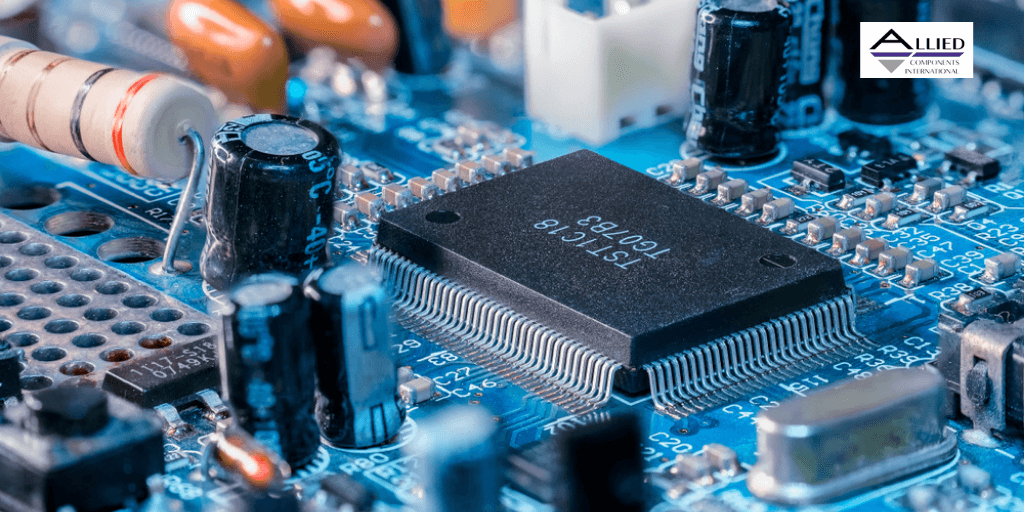What Is the Difference Between a Bypass Vs. Decoupling Capacitor?

Knowing the difference between a bypass vs decoupling capacitor is essential to select an appropriate noise-filtering solution in an electronic circuit. Signal noise can distract from the purpose of the device, like enjoying music on a sound system. Here's a brief look at the functions and differences between these two similar yet different capacitors.
What is a Bypass Capacitor?
A bypass capacitor gets its name from bypassing AC noise in a DC signal. It can filter out noise to the degree of helping facilitate a clean DC signal. The DC signal in a transistor, for example, needs to be as pure as possible without AC ripple. However, power supplies that provide voltage to the circuit aren't always clean, so it's important to use a filtering device such as a bypass capacitor.
What is the Use of a Decoupling Capacitor?
The purpose of a decoupling capacitor is to balance energy levels when variances occur in voltage. So when the voltage unexpectedly drops, the decoupling capacitor provides enough power to stabilize the current running through the circuit. Likewise, when the voltage spikes, the decoupling capacitor absorbs excess energy.
Related: Switched-Capacitor Circuits: Advantages and Applications
Difference Between the Bypass Capacitor and the Decoupling Capacitor
Some people might think the decoupling vs. bypass capacitor comparison is futile, assuming the terms are synonyms, although they aren't. While a bypass capacitor removes unwanted noise from an electronic system or cables, a decoupling capacitor's job is to create a low-impedance path for the AC signal.
All types of capacitors are reactive devices but vary in resistance levels to signals based on frequencies. Both provide high transient current to an integrated circuit while minimizing power ripples.
Once current passes through the collector and emitter, it can either flow through a resistor or a bypass capacitor. Current moves in the path of least resistance, so the value of the resistance in the bypass capacitor needs to be 1/10th the value or less of the emitter resistor.
When comparing the decoupling vs. bypass capacitor, it's important to note that electronics manufacturers often favor small components. However, larger value capacitors make the DC signal purer while allowing more AC to ground.
Related: Difference Between Resistor and Capacitor: An Overview
Why is Decoupling Necessary?
Decoupling is necessary because it opens up a low-impedance path from the power source to the ground. Without capacitive decoupling, the signal has a longer return path from the ground. A decoupling capacitor provides a shorter return path.
Use this information as a starting point for understanding the differences between bypass vs. decoupling capacitors. Selecting the right capacitor can dramatically impact performance. If you are looking for a capacitor, visit the Allied Components International website today.


